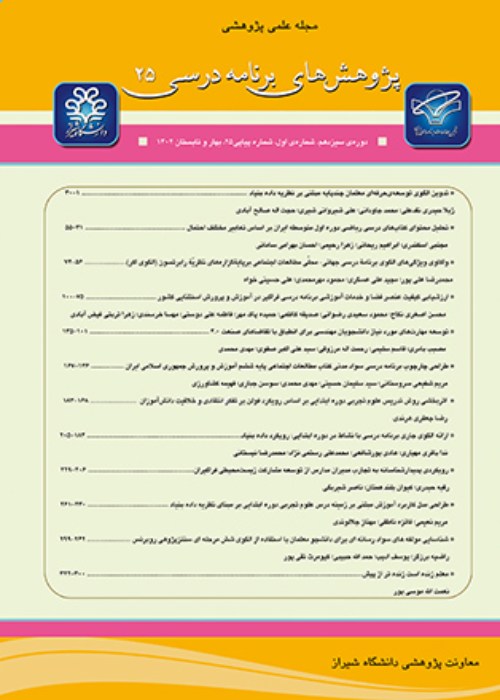Relationship Between Students’ Tendency Towards Critical Thinking And Perception Of Curriculum Components And Their Self-Efficacy Beliefs
Knowledge of student characteristics can be of great importance. Students spend many hours, until the end of their graduation, in the educational environment and have an essential role in improving the quality of social, cultural, political and scientific life in various societies. Accordingly, students’ self-efficacy beliefs can account for a very large part of the continuum of success. Based on the results of the previous studies, self-efficacy beliefs can lead to academic achievement, psychological well-being, academic adjustment, and an optimal level of performance in educational settings. Considering this, determining factors which can affect students’ self-efficacy can be extremely helpful. In line with this, critical thinking can be considered as one of the variables which might affect self-efficacy beliefs. Furthermore, perception of the components of the curriculum seems to be another important variable in this regard. Indeed, a balanced educational curriculum and the resulting perception of it can be effective in changing the academic life, improve the quality of academic performance, lead to significant achievement of both students and the education system, and increase student’ self-efficacy. The aim of this study was to investigate the relationship between the tendency towards critical thinking and perception of curriculum components and students' academic self-efficacy.
The study population included students at the Faculty of Psychology and Educational Sciences, University of Tehran and the statistical sample included students selected through stratified sampling method. Critical Thinking Orientation Questionnaire (Ricketts, 2003), the Students' Perceptions of Curriculum Components Scale (Tatari, 2015) and the Academic Self-efficacy Beliefs (Zajacova et al., 2005) were used in order to collect data. The validity and reliability of all the instrument were assessed and confirmed. The collected data were then subjected to SPSS Version 22 Software and descriptive statistics, and correlation and multivariate regression were used in order to analyze the data.
findings showed, there was significant positive relationships between components of critical thinking tendency and academic self-efficacy beliefs, namely self-confidence in the classroom, self-confidence in the ability to do homework outside the classroom, self-confidence in the ability to interact with others in the university and confidence or self-confidence in the ability to balance work, university, and family. Therefore, it can be stated that critical thinking can lead to an active and appropriate teaching style, and thus students' interaction in the classroom and nurturing. It can also improve students' academic self-efficacy beliefs. The findings also showed a significant positive relationship between perception of such components of curriculum as method, content and evaluation, and self-efficacy beliefs and its components.
Given the results of this study and the growing need of societies for people with empowering beliefs, it is recommended that special efforts be made to develop students' critical thinking and improve their perception of educational content, method, and purpose and evaluation of curriculum. Finally, Due to the involvement of participants' attitudes in data collection, it is suggested that researchers use of interview tools in future research.
- حق عضویت دریافتی صرف حمایت از نشریات عضو و نگهداری، تکمیل و توسعه مگیران میشود.
- پرداخت حق اشتراک و دانلود مقالات اجازه بازنشر آن در سایر رسانههای چاپی و دیجیتال را به کاربر نمیدهد.


